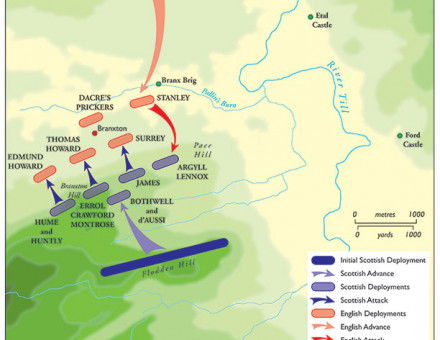The Indian Mutiny, Part II: The Siege of Delhi
Some of the fiercest fighting of the Indian Mutiny took place in and around the ancient capital of the Moguls, where the last Mogul sovereign exercised a shadowy power until 1857. This is the second of three articles by Jon Manchip White on the origins and development of the nineteenth-century Indian Revolt against British Rule.




